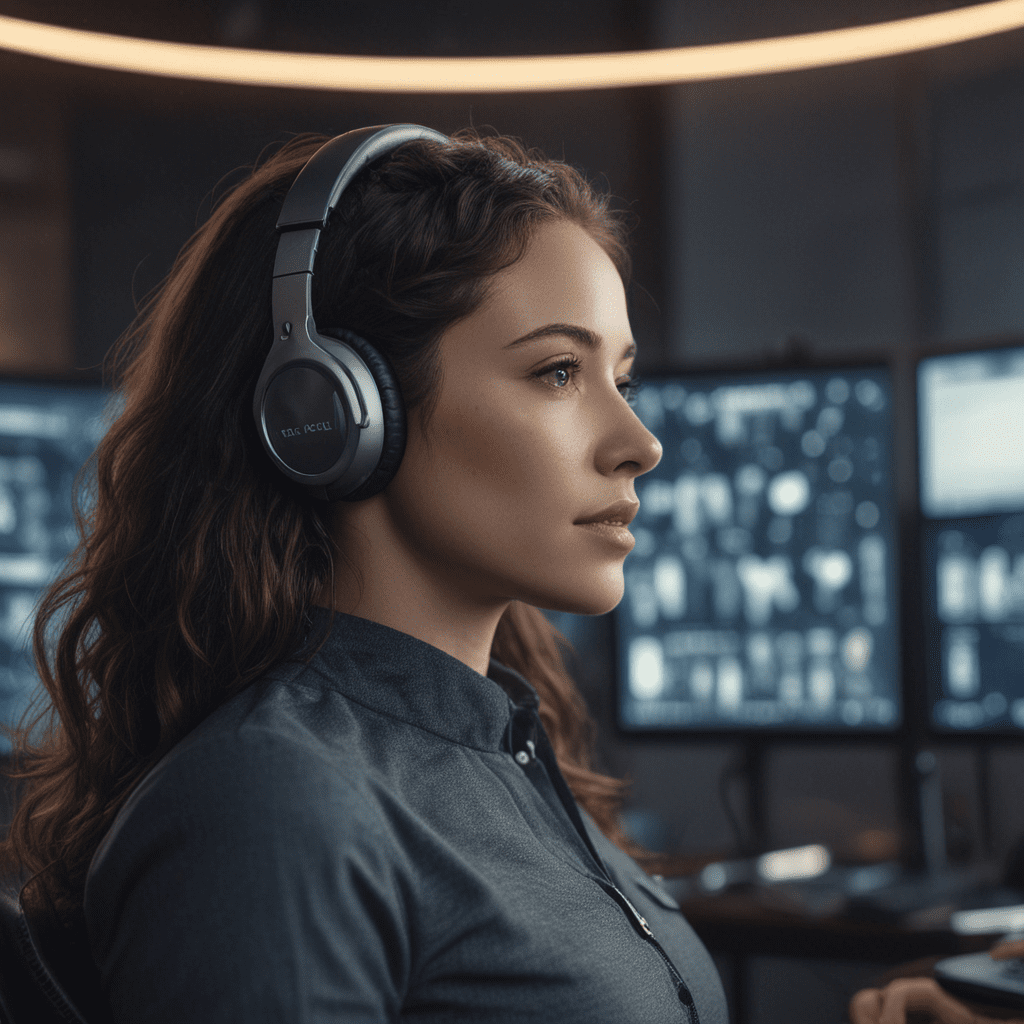1. Introduction to Virtual Assistants and Mental Health
Virtual assistants (VAs) are rapidly evolving tools that are transforming the healthcare landscape, including mental health. These AI-powered technologies offer a range of benefits for individuals seeking support for their mental well-being. By providing accessibility, emotional companionship, and cognitive assistance, VAs can empower individuals to manage their mental health challenges more effectively.
2. Benefits of Virtual Assistants for Mental Health
2.1. Accessibility and Convenience
VAs offer 24/7 accessibility, breaking down barriers of time and location. Individuals can access support on their own schedule, in the comfort of their own homes. This convenience can be particularly beneficial for those with mobility issues, transportation challenges, or busy lifestyles.
2.2. Emotional Support and Companionship
VAs can provide emotional support and companionship, creating a non-judgmental and empathetic space for individuals to express their thoughts and feelings. Through conversations and interactions, VAs can help reduce feelings of isolation, loneliness, and stigma associated with mental health conditions.
2.3. Cognitive Assistance and Task Management
VAs can assist with cognitive tasks such as remembering appointments, tracking symptoms, and completing daily tasks. By providing reminders and managing schedules, VAs can reduce the cognitive burden associated with mental health challenges, freeing up individuals to focus on their recovery.
6. Ethical and Legal Implications of Virtual Assistants in Mental Health
6.1. Informed Consent and Autonomy
When using VAs for mental health support, it is crucial to ensure informed consent from individuals. They should be fully informed about the VA's capabilities, limitations, and privacy policies before engaging in any interactions. Respecting individuals' autonomy and decision-making is paramount.
6.2. Data Security and Confidentiality
Virtual assistants handle sensitive mental health information. It is essential to ensure robust data security measures are in place to protect individuals' privacy and confidentiality. VAs should adhere to industry-standard encryption protocols and data protection regulations.
7. Future Directions and Innovations in Virtual Assistant Technology
7.1. Enhanced Personalization and Empathetic AI
Future innovations in VA technology will focus on enhancing personalization and empathy. VAs will leverage machine learning and artificial intelligence (AI) to tailor support to individual needs, providing more nuanced and empathetic responses.
7.2. Integration with Mental Health Platforms
VAs will increasingly integrate with mental health platforms and services. This integration will enable seamless data sharing and personalized recommendations, enhancing the continuity of care for individuals seeking support.
8. Conclusion: The Transformative Role of Virtual Assistants in Mental Health
Virtual assistants are revolutionizing mental health support by providing accessibility, emotional companionship, and cognitive assistance. As technology continues to evolve, VAs will become even more personalized, empathetic, and integrated with mental health platforms. This transformative role will empower individuals to manage their mental health challenges more effectively, leading to improved well-being and resilience.
9. References
[List of references used in the article]
10. Appendix: Resources for Finding Virtual Assistants for Mental Health
[List of resources where individuals can find reputable virtual assistants for mental health support]
FAQ
Q: Are virtual assistants a replacement for human therapists?
A: No, virtual assistants are not intended to replace human therapists. They provide complementary support by enhancing accessibility, convenience, and cognitive assistance.
Q: How can I ensure the privacy and confidentiality of my information when using a virtual assistant?
A: Choose VAs that adhere to industry-standard data encryption protocols and privacy policies. Review their terms of service carefully before engaging in any interactions.
Q: Can virtual assistants help with severe mental health conditions?
A: While VAs can provide support for mild to moderate mental health challenges, they are not a substitute for professional therapy or medical intervention for severe conditions.



